- Barracoon: The Story of the "Last Black Cargo" by Zora Neale Hurston
- The Unlikely Hero of 13B by Teresa Toten
- The High Mountains of Portugal by Yann Martel
- Holes by Louis Sachar
- Binti by Nnedi Okorafor
- Rain Is Not My Indian Name by Cynthia Leitich Smith
- When We Were Alone by David Robertson, illustrated by Julie Flett
- Betty Before X by Iyanah Shabazz with Renee Watson
- The Walking Bathroom by Shauntay Grant, illustrated by Erin Bennett Banks
- The Mermaid and Mrs. Hancock by Imogen Hermes Gowar
- Sounder by William H. Armstrong
- Sugar by Jewell Parker Rhodes
- The Bagel King by Andrew Larsen, illustrated by Sandy Nichols
- Peaceful Fights for Equal Rights by Rob Sanders, illustrated by Jared Schorr
- Finding Winnie: The True Story of the World's Most Famous Bear by Lindsay Mattick, illustrated by Sophie Blackall
- Festival of Colors by Kabir and Surishtha Sehgal, illustrated by Vashti Harrison
- They All Die at the End by Adam Silvera
- Wonder by R. J. Palacio
- The Last Black Unicorn by Tiffany Haddish
- Becoming by Michelle Obama
- Geronimo Stilton Book #20 and #21
- Stuart Little by E.B. White
- The Boy In the Striped Pajamas by John Boyne
- Black Beauty by Anna Sewell
- Leontyne Price: Voice of a Century by Carole Boston Weatherford, illustrated by Raúl Colón
- Don't Touch My Hair! by Sharee Miller
- Emmanuel's Dream: The True Story of Emmanuel Ofosu Yeboah by Laurie Ann Thompson, illustrated by Sean Qualls
- Dragons Love Tacos by Adam Rubin, illustrated by Daniel Salmieri
- The Unlikely Hero of Room 13B by Teresa Toten
- Riot by Walter Dean Myers
Impressive research completed by both Zora Neale Hurston and editor Deborah G. Plant. This was a book I had longed to read about the last "Black Cargo" who was illegally smuggled into the United States from Africa. His village was raided by the Dahomey of Benin and then he was brought across the ocean to the United States on a 70-day journey. He had been enslaved for 5 years but was unable to purchase his passage to return to Africa. It was interesting learning about how this short book was compiled. I also learned more about the continental African presence and language that existed within the US. Unfortunately, so much of this has been lost. Thank you Dr. Plant for persisting to bring this story to the world.
I have been to Portugal in July 2017. What a beautiful nation! This country takes place over two time periods-- one in the earlier part of the nineteenth century, the second in a modern time. I am not sure if I understood everything. Three men are drawn to "the High mountains of Portugal" line and they have generational, inextricable link. I feel like there is the symbolism used of the crucifix, chimpanzee (primate species), the elusive Iberian rhinoceros (extinct), the newly invented automobile, and the mysteries and veneration of saints in the Catholic church. It felt like a portrait in a lot of ways, as I could feel the sun of Portugal shining. It also felt like three separate short stories.
Spoilers: This book was okay. I had heard about it for a long time as it is read in many schools as well. Stanley Yelnats is away at "camp" to pay for a crime he did not commit. At this location, I meet other teenage boys. The task at hand is to dig for holes. I wonder about the symbolism of these holes and about the ensuing escape, rediscovery, and hidden treasure that seems to be lurking around every corner. What was the purpose of the warden and the cruel adults who made these kids do this seemingly pointless activity of hole-digging? Not sure.
I listened to this as an e-audiobook. I feel like I need to re-read it as there were a lot of events in this short book but I feel like I missed a lot. I loved the sound of the language though and the choice of words in this imagined world.
This e-audiobook was sweet, gentle, and small town country. I loved the narration and voice of Rain, as she reflects on the grief of losing her mother and her almost boyfriend Galen, love, her Christian faith, and life as a mixed race native teen in a small town. Along with other teens, Cynthia advocates for a summer camp program for youth like herself who are trying to connect with their places of origin. I look forward to reading Cynthia's other titles.
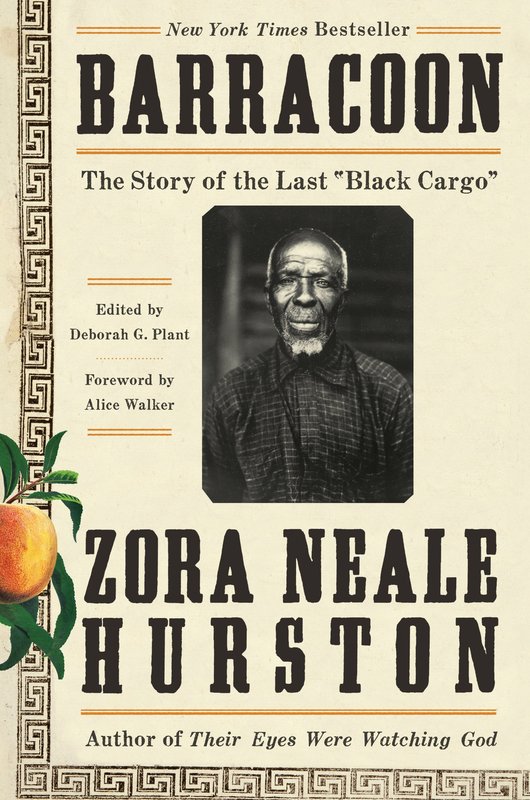
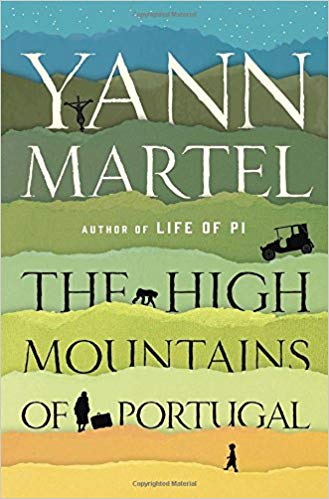
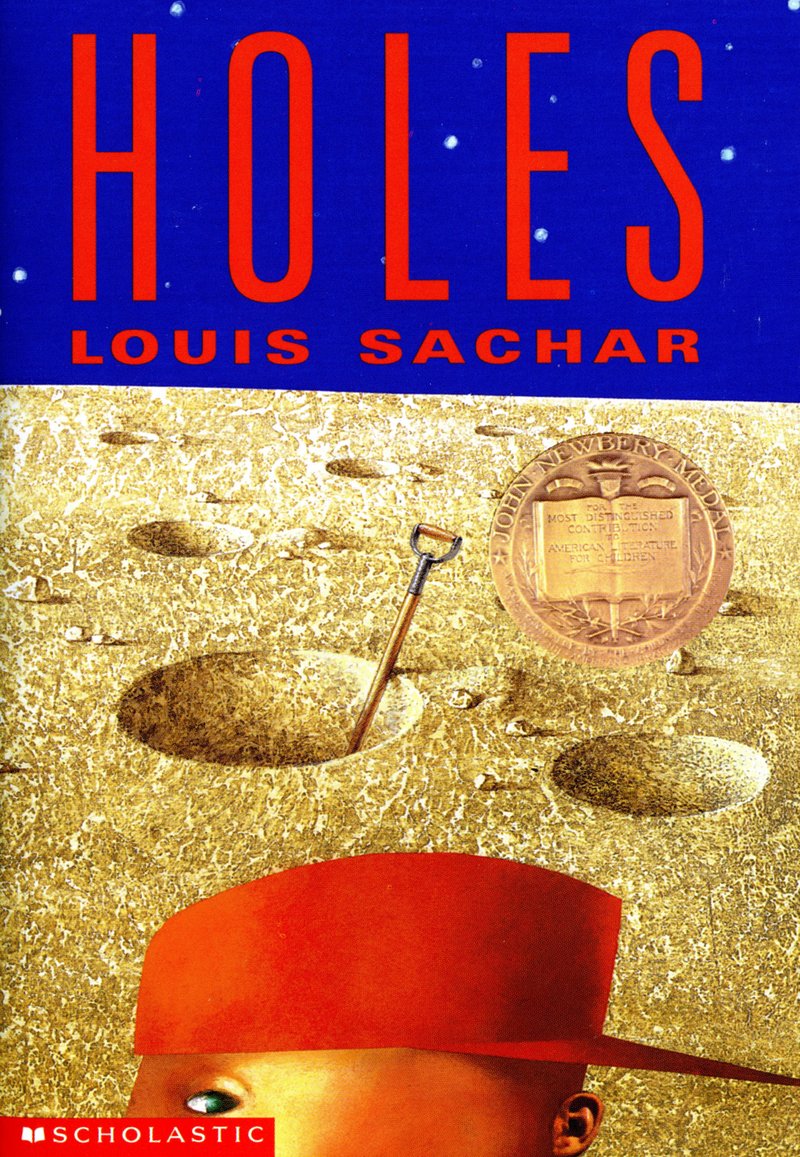
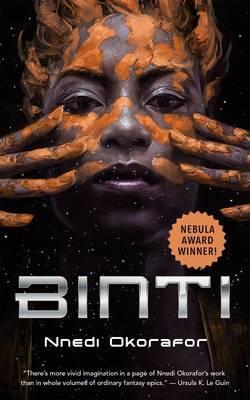
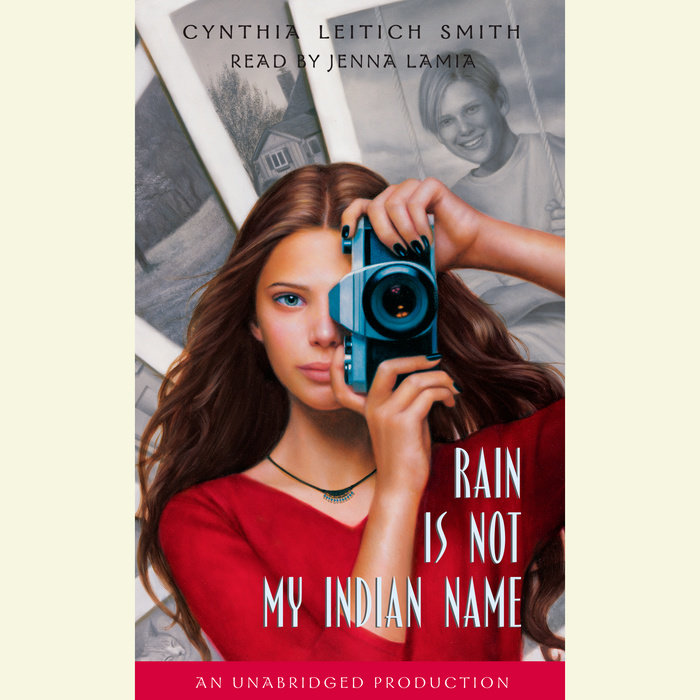
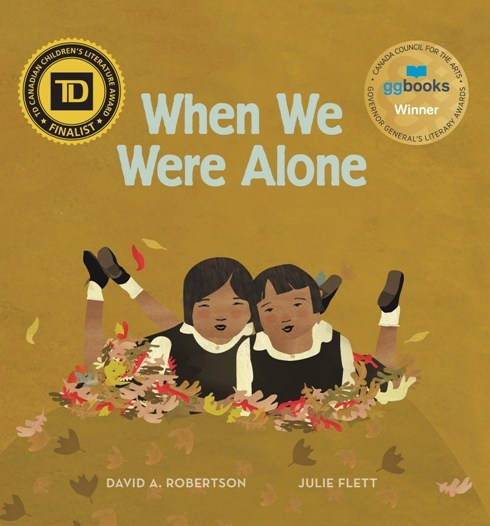
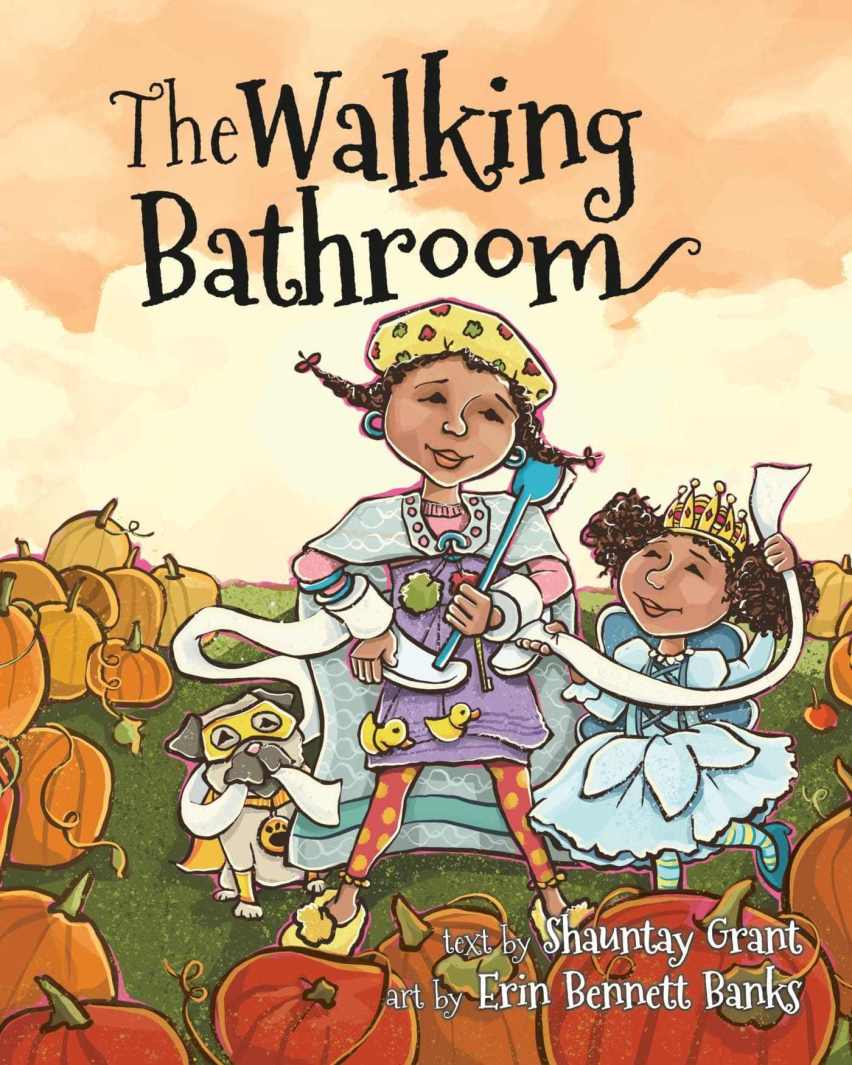
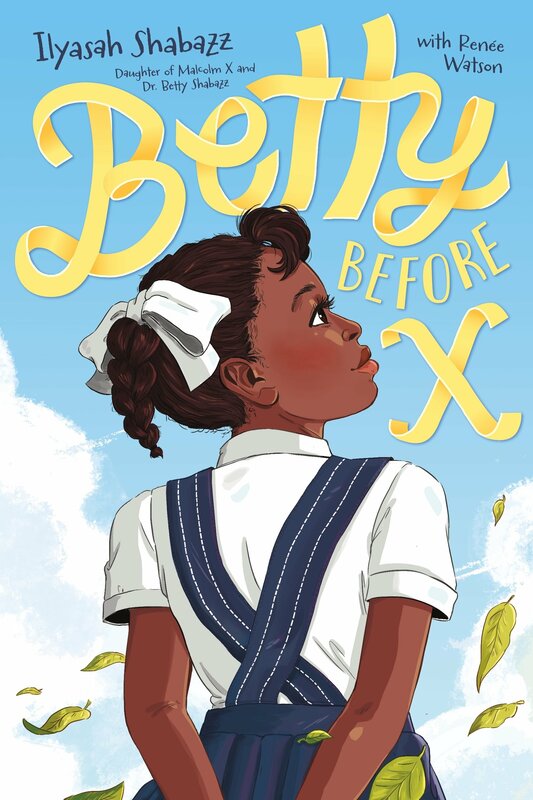

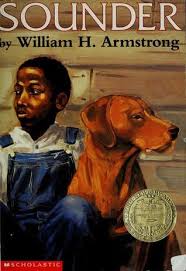
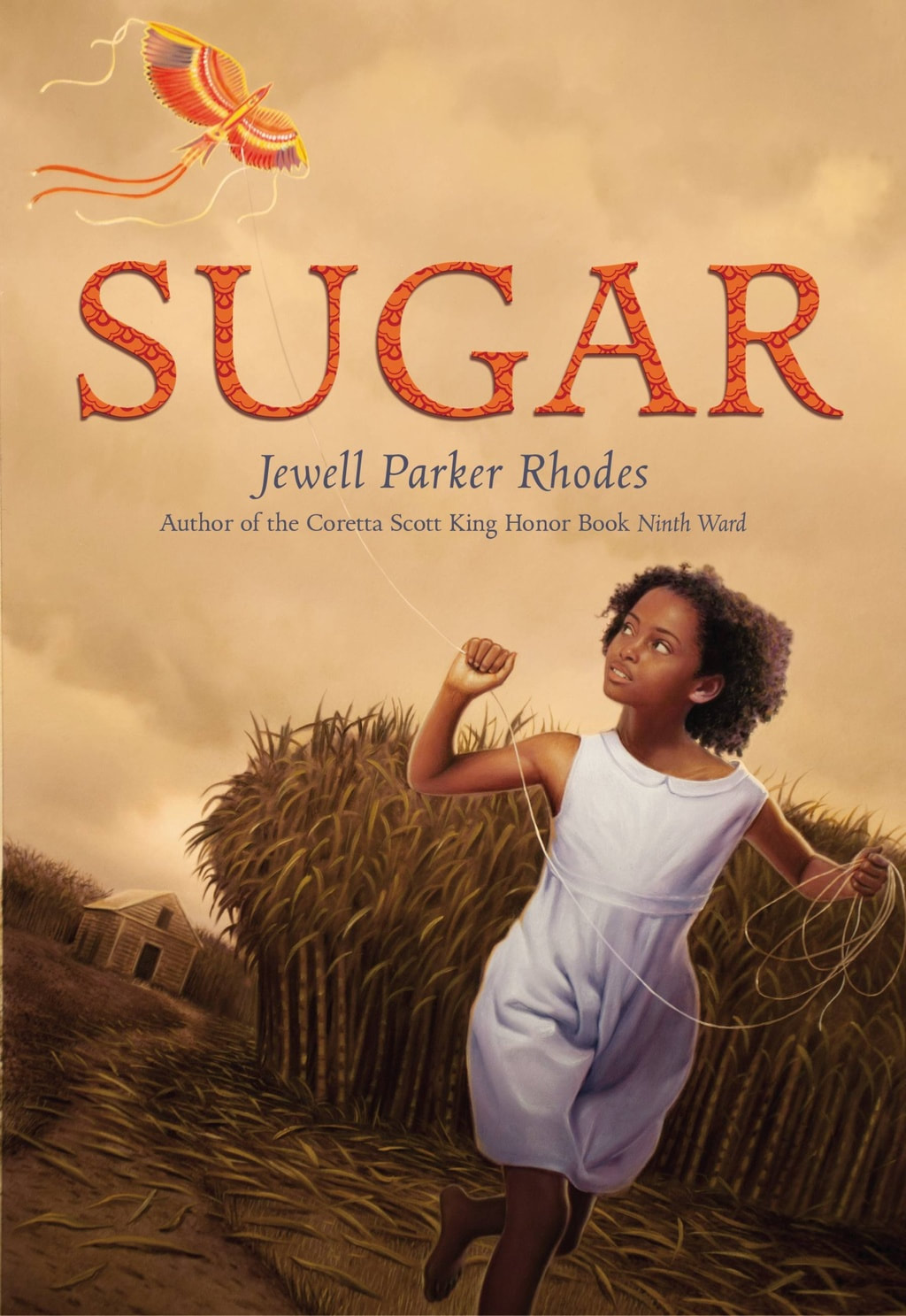
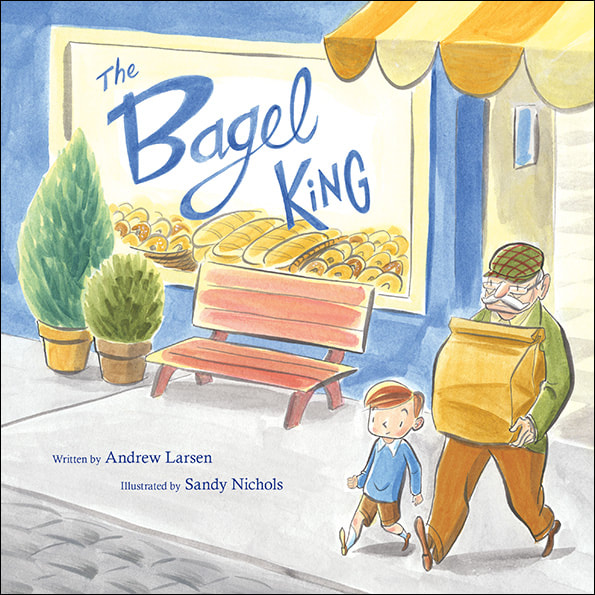

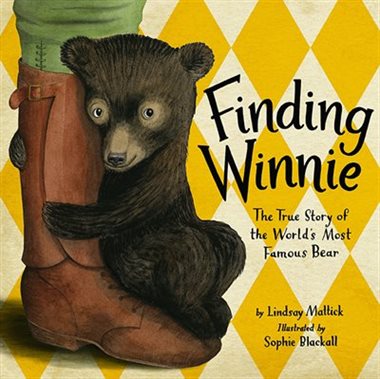
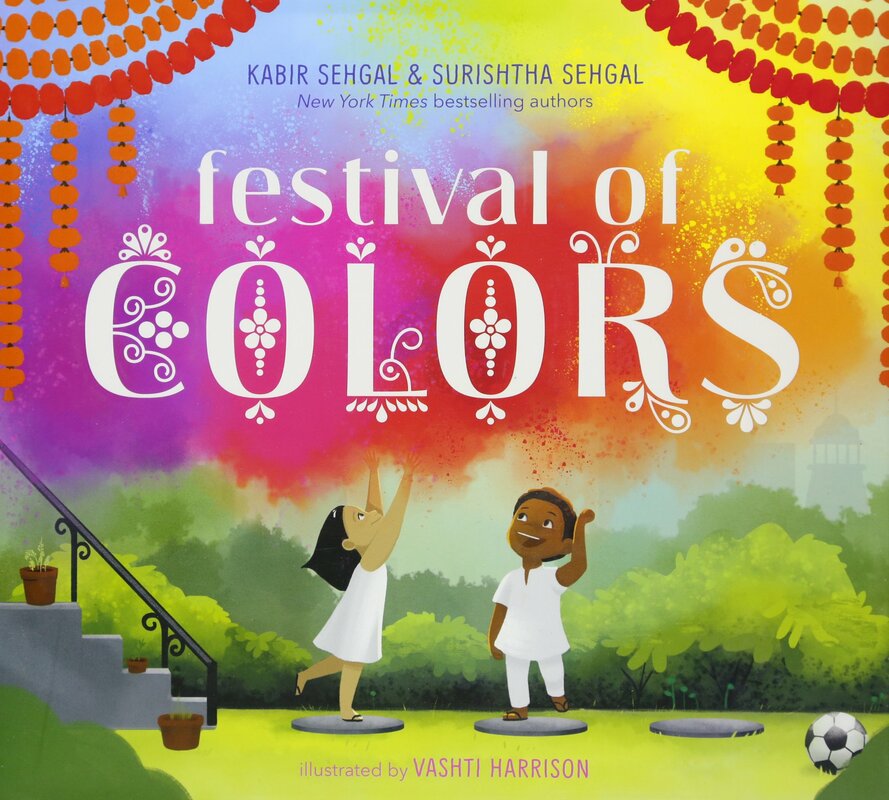

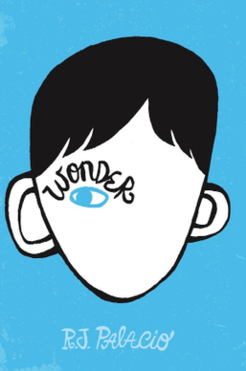
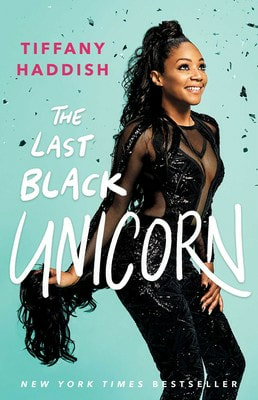
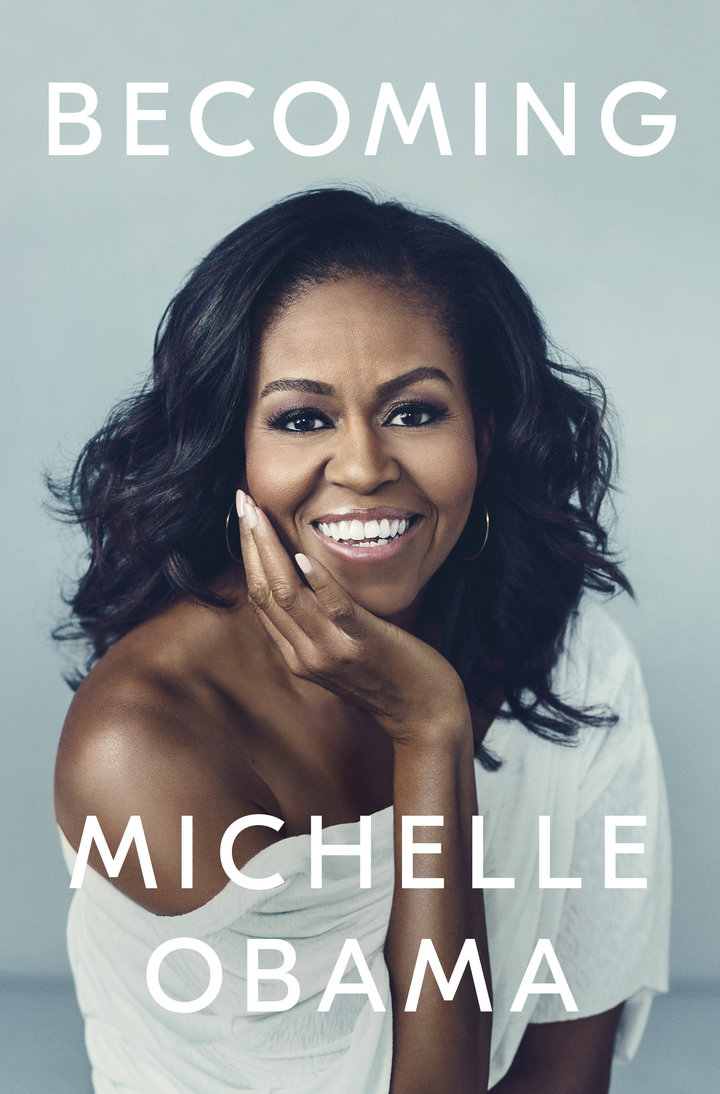
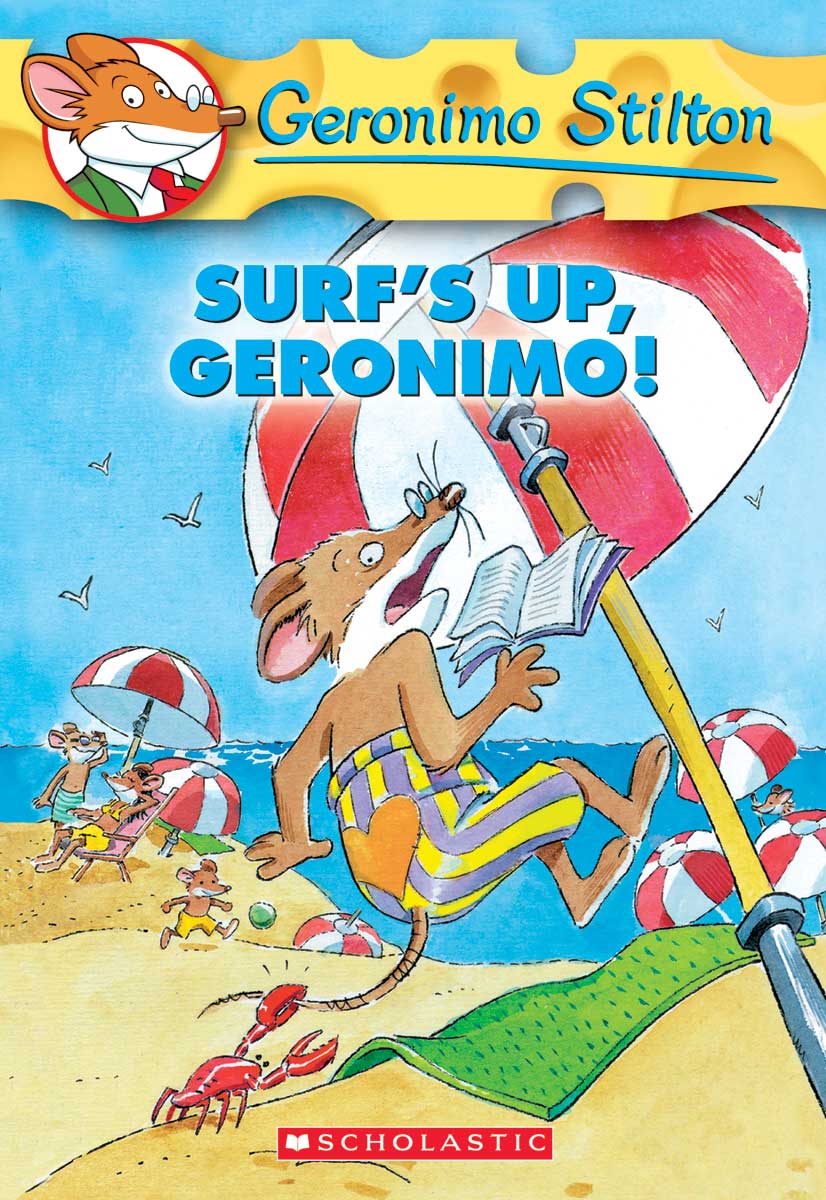
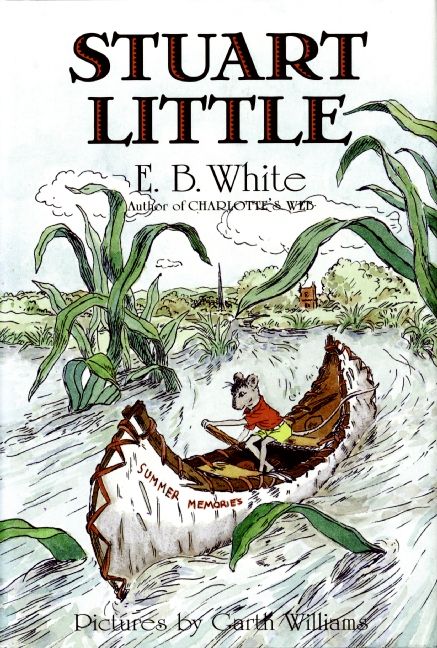
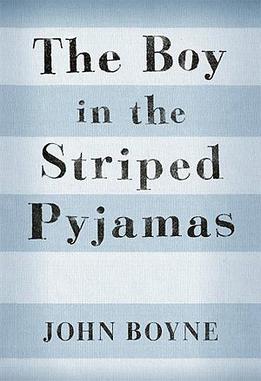
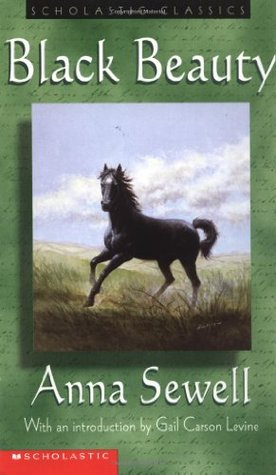
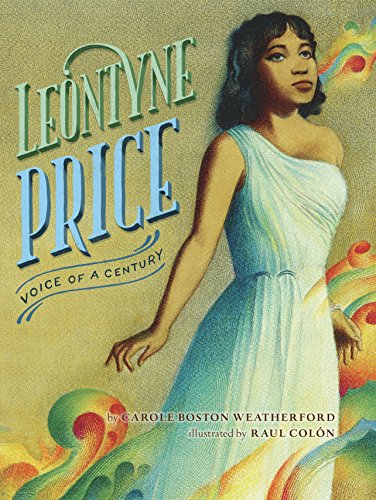
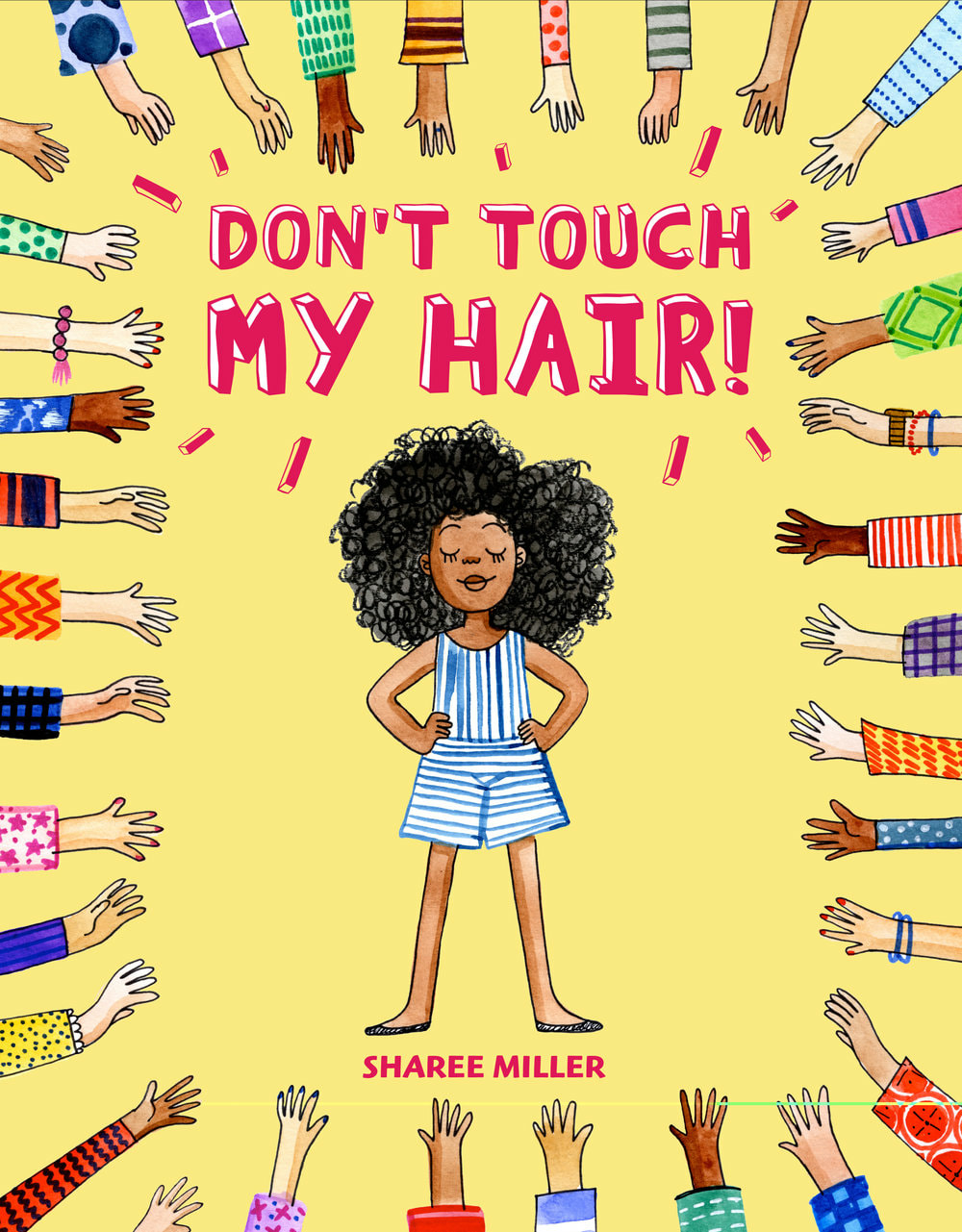
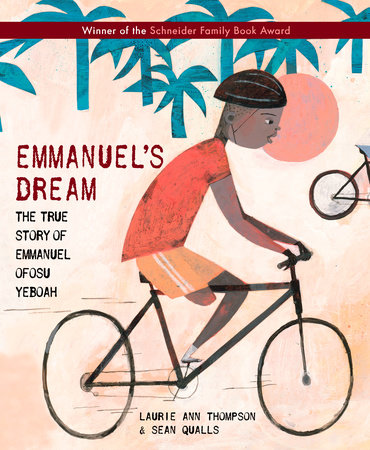
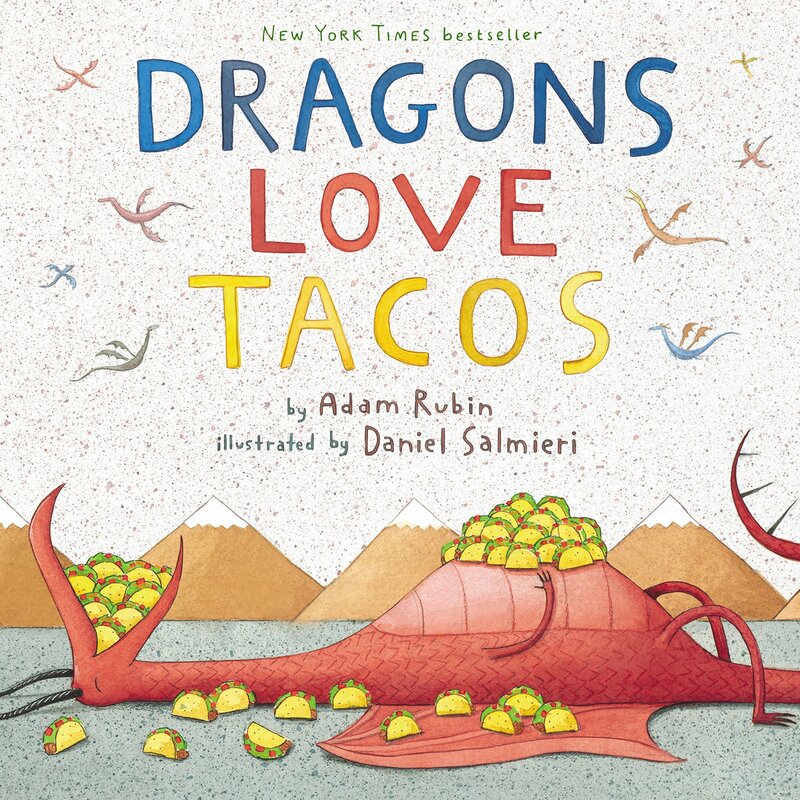
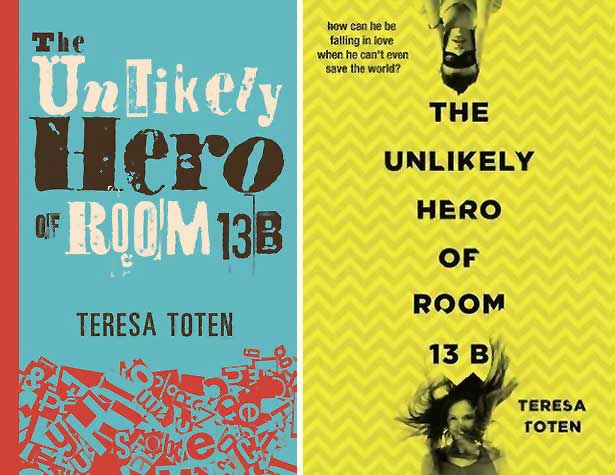
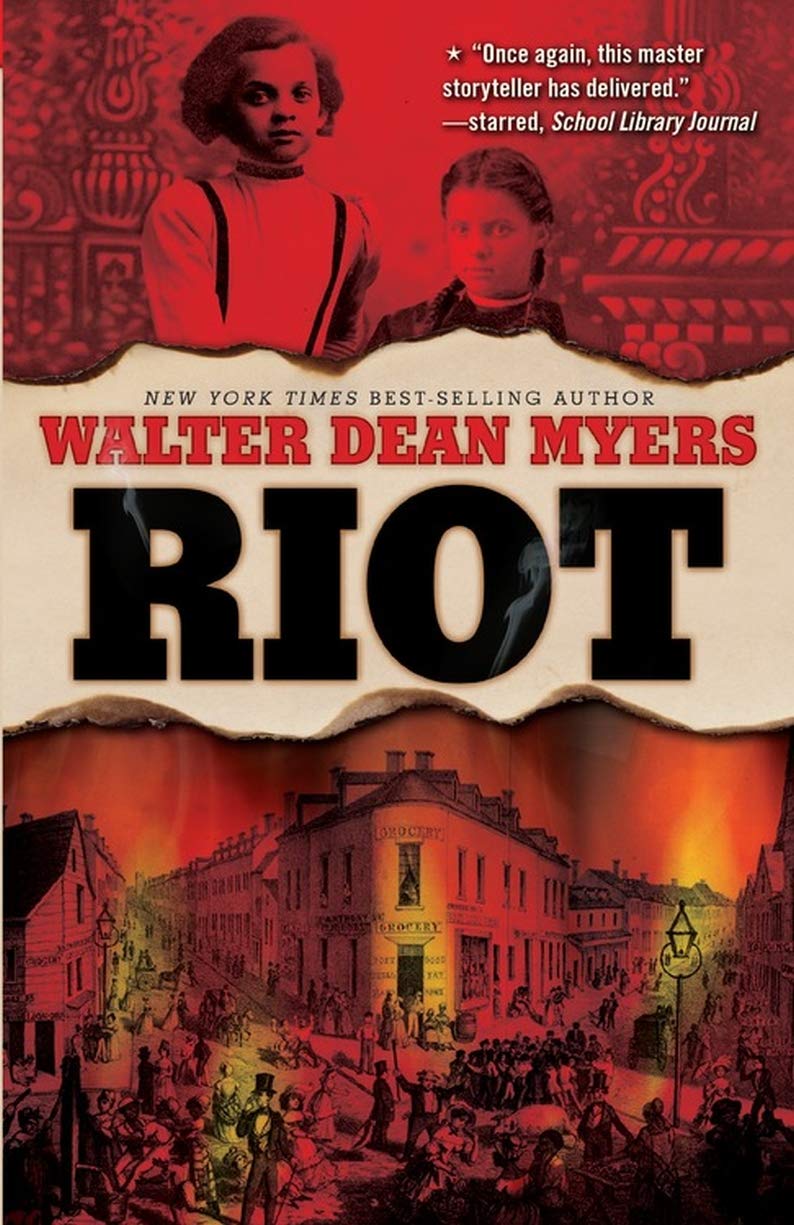

 RSS Feed
RSS Feed